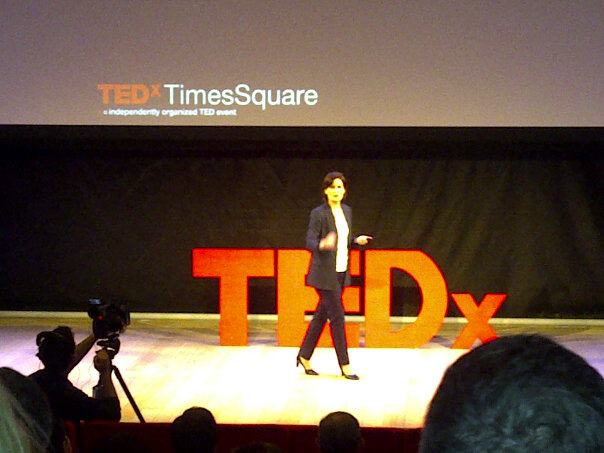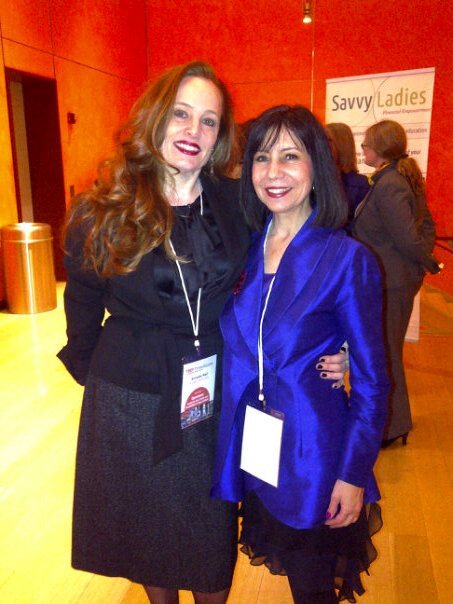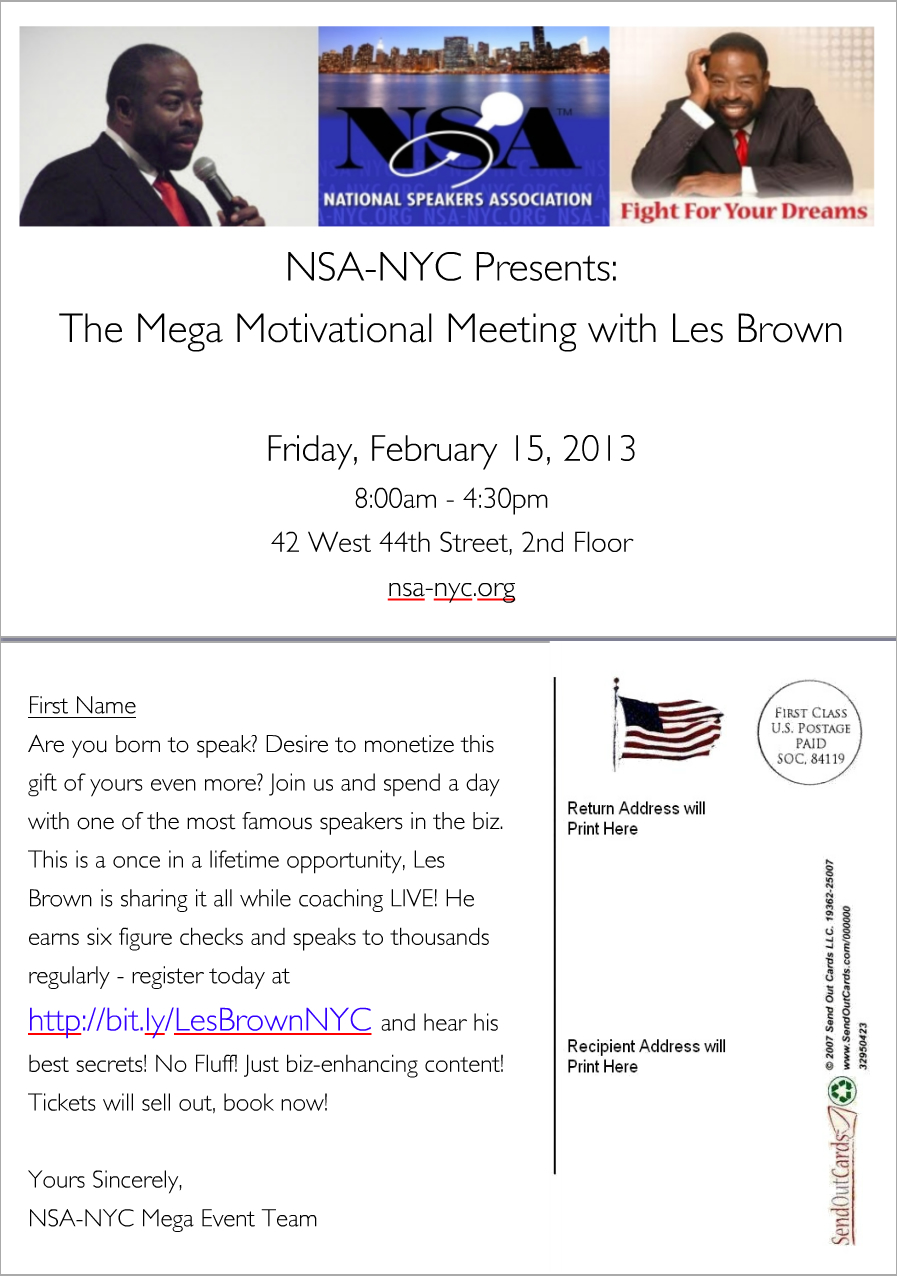Several years ago, my friend adopted Mimi, an 18 month old girl from China. Not long after, I came to visit her and noticed that Mimi was making a gesture for more food. My friend and I are both speech pathologists, and I recognized that she had taught Mimi sign language - and it was working. She was 18 months old and did not understand or speak English, but she was able to communicate with her English-speaking mother using sign language. It was interesting to me when I read this article on The Science of Gestures. I always emphasize the use of gestures with my clients for a number of reasons. Gestures serve to:
- make the presenter look confident.
- channel nervous energy.
- emphasize certain words or points, making the speaker more dynamic.
- reduce monotone, enabling speakers to vary intonation.
But I wasn't aware of the neuroscience behind gesturing. In two separate studies with children, researchers found that using and watching gestures helped students retain more information.
Most speakers are both visual and auditory presenters. That means they use the spoken word and they project PowerPoint slides. The audience sees and hears the message but the missing link is kinesthetic learning. And that's where gestures come in.
Effective public speakers anchor their message with gestures. I once attended a presentation where the speaker told the audience, "Touch your mind and your heart," to help the them remember his point.
We all know someone who speaks with their hands. I remember one man who gesticulated wildly whenever he spoke. This irritated his wife to no end. One day in frustration, she grabbed his hands as he was speaking. He stopped the conversation, looked at her and pleaded, "Let me talk!" It seemed hand movements were a way for him to communicate.
It turns out that using gestures help us to clear our cache, or short-term memory, when we are speaking. Moving our hands in conversation and while presenting, allows us to process more information-like Mimi who learned sign language at 18 months. But gestures are not just for children. They have a lot of value for adult public speakers, as well.
Not sure what to do with your hands? Watch this youtube video and find out.


 Yesterday, I attended
Yesterday, I attended 

 When you think about difficult audiences, do you envision an audience in an auditorium with you speaking on the stage? Well, you don't have to be a formal public speaker to encounter a difficult audience.
Your audience includes your co-workers, employees, management and vendors. When you're dealing with so many different personalities it's inevitable that there will be conflict. Here's where trained public speakers have an advantage - the skills that are used to handle a difficult audience also apply when you're communicating one-on-one.
When you think about difficult audiences, do you envision an audience in an auditorium with you speaking on the stage? Well, you don't have to be a formal public speaker to encounter a difficult audience.
Your audience includes your co-workers, employees, management and vendors. When you're dealing with so many different personalities it's inevitable that there will be conflict. Here's where trained public speakers have an advantage - the skills that are used to handle a difficult audience also apply when you're communicating one-on-one.
 I read an interesting story written by
I read an interesting story written by  Vernice Armour
Vernice Armour A good friend sent me an email about a possible speaking engagement. I contacted the meeting planner to tell her about my background and talk about
A good friend sent me an email about a possible speaking engagement. I contacted the meeting planner to tell her about my background and talk about  I recently read an article by Dylan Kendall entitled, "
I recently read an article by Dylan Kendall entitled, " "Ask any businessman or woman and they will tell you the same thing – confidence is a vital ingredient in the recipe for success. In other words, if you want to be really good at anything - no matter what walk of life you are involved in - you need to have belief in yourself and your abilities."
"Ask any businessman or woman and they will tell you the same thing – confidence is a vital ingredient in the recipe for success. In other words, if you want to be really good at anything - no matter what walk of life you are involved in - you need to have belief in yourself and your abilities."
 Professional speakers who are satisfied with the status quo will surely find their audience slipping away. Just like the car replaced the horse and buggy, dynamic, interactive presentations are replacing the talking head. Today, public speakers have to play a bigger game in order to give a
Professional speakers who are satisfied with the status quo will surely find their audience slipping away. Just like the car replaced the horse and buggy, dynamic, interactive presentations are replacing the talking head. Today, public speakers have to play a bigger game in order to give a 






 It's 8:15 p.m. on a Thursday night. I'm at home in front of my computer. The phone rings. I say hello twice before I get an answer. This is always a telltale clue that it's a telemarketer calling. "May I speak to Diane DiResta?," she asks. "Speaking," I reply. She begins to talk about bank security and identifies the bank she is representing. I have an account there so I listen. She continues reading her script about completing a survey. I never participate in surveys but because it's my bank I continue to listen. But she continues reading and I don't know where this is going. Finally, in an annoyed tone, I said, "STOP! You're reading. What is it that you want to know?" She responded by saying, "Have a horrible day and hung up. Okay, it wasn't my finest hour. Maybe I could have said that more sweetly. But I don't like my time wasted and these uninvited calls are an intrusion in my personal life. The point of the call is to get information not to practice reading out loud. Cut to the chase!
Marketers who create these scripts have no understanding of
It's 8:15 p.m. on a Thursday night. I'm at home in front of my computer. The phone rings. I say hello twice before I get an answer. This is always a telltale clue that it's a telemarketer calling. "May I speak to Diane DiResta?," she asks. "Speaking," I reply. She begins to talk about bank security and identifies the bank she is representing. I have an account there so I listen. She continues reading her script about completing a survey. I never participate in surveys but because it's my bank I continue to listen. But she continues reading and I don't know where this is going. Finally, in an annoyed tone, I said, "STOP! You're reading. What is it that you want to know?" She responded by saying, "Have a horrible day and hung up. Okay, it wasn't my finest hour. Maybe I could have said that more sweetly. But I don't like my time wasted and these uninvited calls are an intrusion in my personal life. The point of the call is to get information not to practice reading out loud. Cut to the chase!
Marketers who create these scripts have no understanding of  Words are dying.
Words are dying.